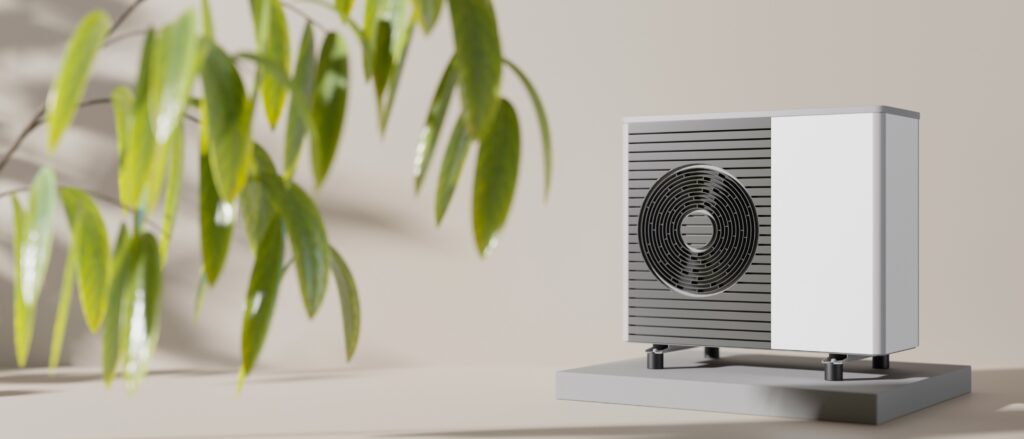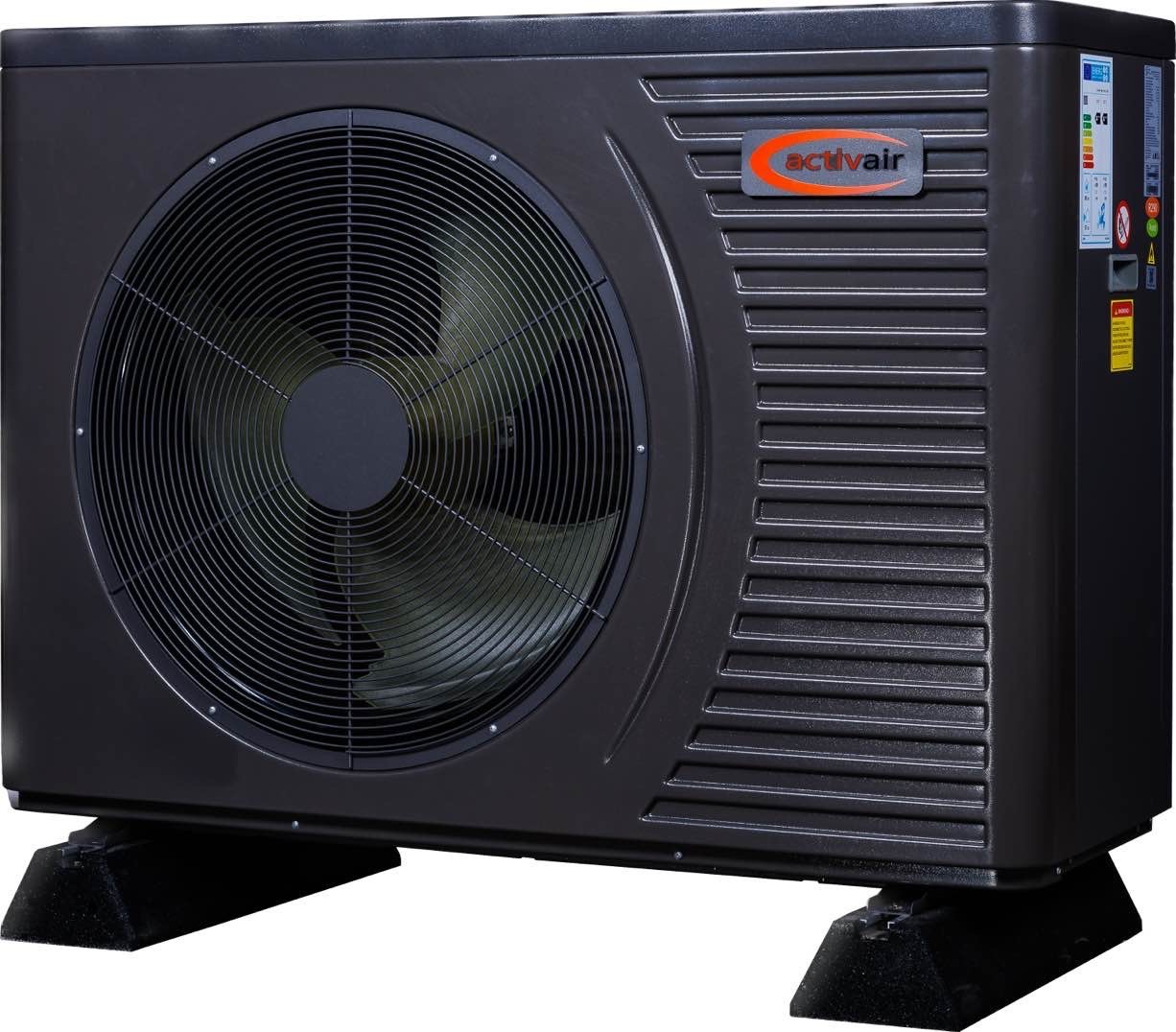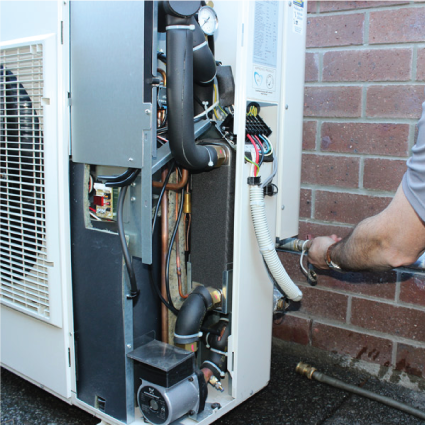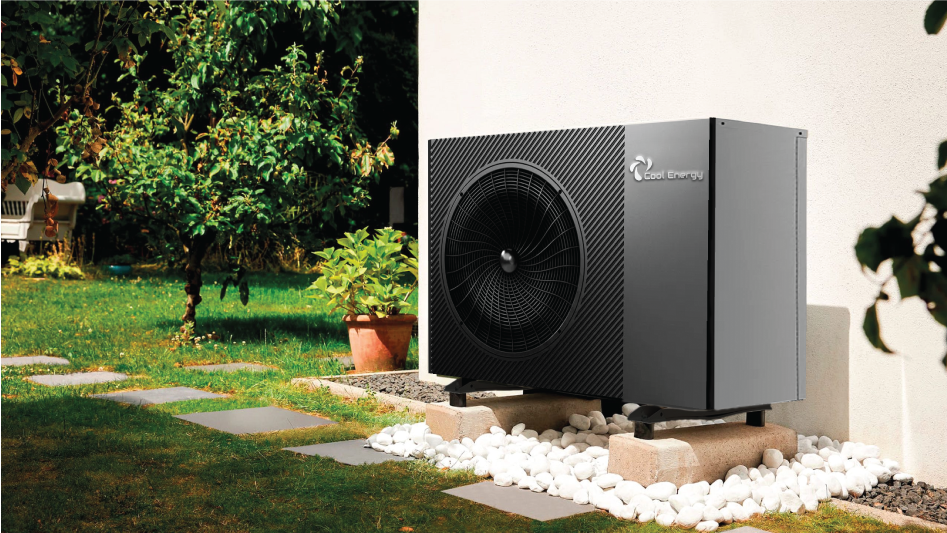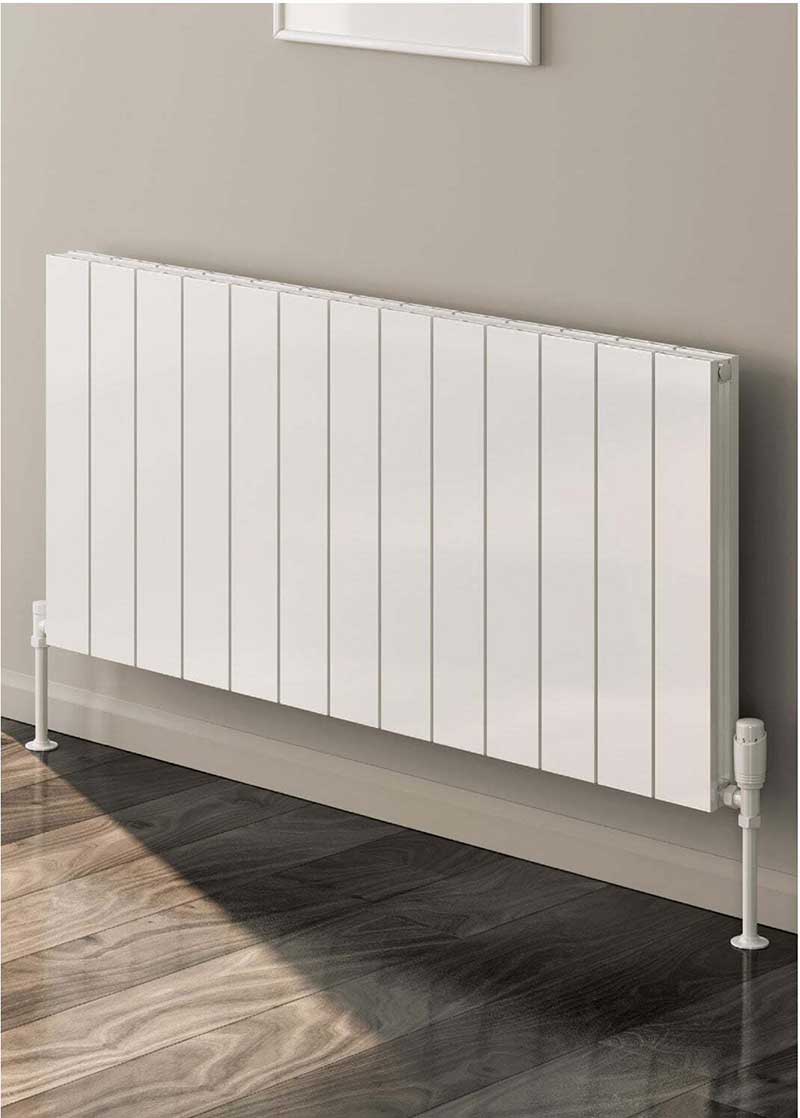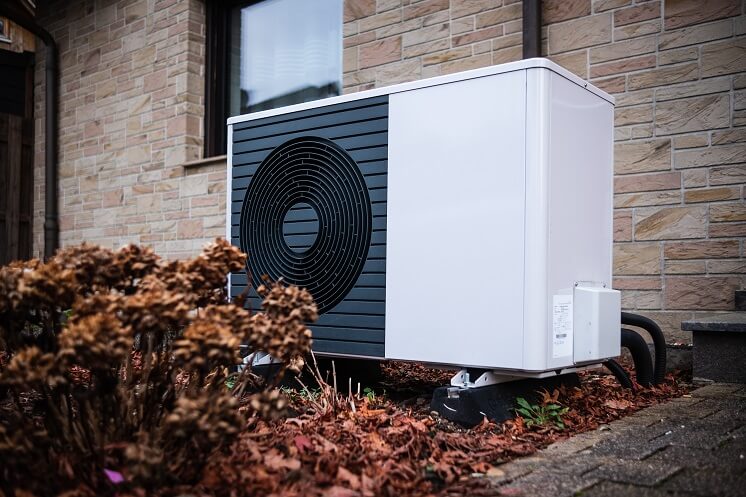To accelerate the transition to more environmentally friendly heating, the government is addressing the issue of high heat pump prices through the implementation of the Boiler Upgrade Scheme. This program offers homeowners in England and Wales a grant of £7,500 to assist with the expenses of installing a new air or ground source heat pump.
Despite the recent emphasis on heat pumps, it’s important to note that not all buildings in the UK are suitable for their installation. In fact, using heat pumps in unsuitable properties can potentially result in higher energy bills for homeowners. If you’re concerned that your home falls into this category, continue reading to discover which types of properties are incompatible with heat pumps and explore the alternative options currently available on the market.
If you’re determined to install a heat pump and want to expedite the process, you can find the best prices by filling out our form. Simply provide your details, and our trusted installers will contact you with quotes for comparison.
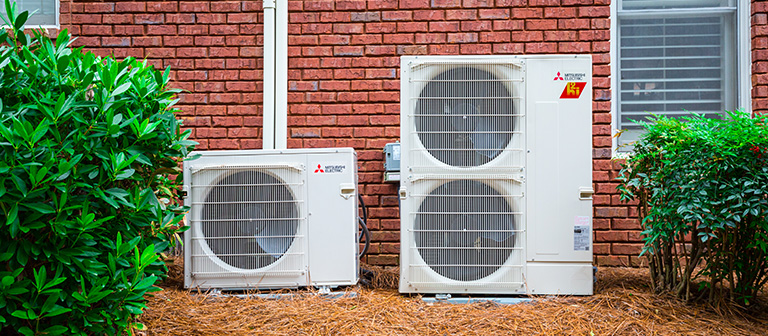
What's on this page?
What is a heat pump?
Are you among the 51% of UK residents who are not familiar with heat pumps? Allow us to provide an explanation. A heat pump, as the name suggests, is a device that transfers heat into your home from the surrounding air, the ground, or a nearby water source.
There are two main types of heat pumps: air source heat pumps and ground source heat pumps. Although they achieve the same goal, they operate in different ways.
- Air source heat pumps extract heat from the outside air and utilize it to warm buildings and hot water systems.
- Ground source heat pumps, on the other hand, require underground pipes to be connected to them. These pipes absorb the Earth’s geothermal energy, which is then used to heat your home.
In summary, both air source heat pumps and ground source heat pumps are effective in providing heat, but they utilize different heat sources to achieve this.
What is the ideal property for a heat pump?
To optimize the performance of heat pumps in UK homes, certain criteria should be met. Here’s a reworded version of the information:
- Installation feasibility: While it is technically possible to install a heat pump in most homes in the UK, it’s important to note that not all homes will achieve optimal efficiency with a heat pump.
- Proper insulation: To maximize the benefits of your heat pump, your property should have proper insulation. Although there is no minimum Energy Performance Certificate (EPC) rating required for heat pump installation, homeowners will need to provide Ofgem with an EPC that meets the “minimum standards of loft insulation and cavity walls filling” in order to be eligible for the latest grants.
- Underfloor heating or large radiators: For efficient heat output, properties with underfloor heating or large radiators are recommended. As a general rule, these heating systems should be two-and-a-half times larger than normal radiators to provide the same level of heat.
- Exterior space for the heat pump: An exterior space such as a garden, patio, or spacious balcony is necessary for the installation of the heat pump.
- Interior space for the hot water cylinder: Additionally, a typical domestic household should have enough interior space to accommodate a 35 to 45-litre hot water cylinder.
By meeting these requirements, homeowners can ensure that their heat pumps operate efficiently and effectively.
Which properties aren’t suitable for a heat pump?
- Despite the government’s efforts to promote the widespread use of heat pumps and their goal for all new heating systems installed from 2035 to be low carbon, a significant portion of UK homes, specifically 54%, are currently not suitable for heat pump installation.
- Certain property features can hinder the efficiency of heat pumps, and we have outlined them below.
- If your house falls into any of these categories, it would be advisable to explore options for improving your property, if feasible and affordable. Doing so will enable you to install a heat pump and reduce your reliance on gas in the long term.
Poor insulation
Properties with a low Energy Performance Certificate (EPC) rating are unable to effectively retain the warmth generated by heat pumps, rendering them less effective. In England and Wales, where 59% of homes have a D, E, F, or G rating on their EPC, over half of the homes in these countries may not be suitable for heat pump installation.
While insulation is necessary for both traditional boilers and heat pumps, the impact of poor insulation is more pronounced with heat pumps. Heat pumps typically produce lower heat output, usually around 35-40°C, compared to the average 60°C produced by gas boilers. As a result, heat is distributed more slowly over longer periods of time.
Proper insulation in your home allows for better heat retention and enables you to benefit from a more affordable and renewable heating source. Conversely, inadequate insulation may lead to increased reliance on the thermostat, potentially resulting in higher energy bills.
Old buildings
Older buildings, which make up a significant portion of the UK’s housing stock, pose several challenges when it comes to installing heat pumps. Here are some reasons why heat pumps may not be suitable for old buildings:
Aesthetic Restrictions: Some older or listed buildings have strict rules and regulations regarding changes to their appearance. Heat pumps may not meet these aesthetic standards, making them unsuitable for installation.
Foundation Alterations: Homeowners in listed buildings are not allowed to alter the foundations of the property. This restriction can create difficulties when trying to install the necessary pipework for heat pumps.
Heat Pump Covers: One possible solution to overcome this issue is by using a heat pump cover. These covers not only enhance the appearance of the outside unit but also provide protection against the weather.
Solid Walls: Homes built before the 1920s often have solid walls, which are more challenging to insulate compared to cavity walls. Without proper insulation, heat pumps may not work as efficiently in these older buildings.
Overall, while there are pros and cons to heat pumps, it’s important to consider these drawbacks when assessing their suitability for older buildings in the UK.
Limited space outside
A heat pump is a substantial piece of equipment, with sizes currently ranging from 5kW to 32kW. The size of the heat pump you’ll need for your home depends on several factors, including the type and size of your property, the level of insulation and heat loss, the size of your radiators or underfloor heating, the desired indoor temperature, and the seasonal outdoor temperatures in your area.
Both air source and ground source heat pumps are typically installed on the outside of an external wall. They can be placed on the ground or mounted onto the wall, but they require ample space with no obstructions to ensure maximum airflow. It’s important to note that the installation must be at least a meter away from the boundary of your property.
If you don’t have underfloor heating or large radiators, heat pumps may not be a suitable option for you. Heat pumps take longer to warm up compared to traditional boilers, so they require a larger surface area to reach the desired temperature level. This means that if you have heat pumps, you’ll also need an underfloor heating system or larger radiators. However, installing underfloor heating can be expensive, costing up to £3,000.
In the case of high-rise buildings, the feasibility of heat pumps depends on the available space. If there’s no space outside each property in a high-rise building, air source heat pumps may not be feasible for residents. However, if the properties have spacious balconies, the outdoor unit can be mounted on a façade. Alternatively, if there’s space outside the building, properties can benefit from a ground source heat pump, which can be placed nearby with pipes running through the properties. It’s important to note that this setup can be costly, as it requires extensive work throughout the entire building. The heat pump needs to be installed outside, and the pipes need to go through several stories of the building to reach different properties.
As of February 2021, there are approximately 1.31 million residents living in high-rise buildings in England, which accounts for roughly 2% of the country’s population. Unfortunately, many of these residents are unable to benefit from heat pumps due to the challenges associated with their installation.
To learn more about how heat pumps can work in high-rises and flats, you can refer to our guide to heat pumps for flats.
What are the alternatives?
Certainly, heat pumps may not be suitable for every household. However, there are alternative options available to help reduce your carbon footprint at home:
Hydrogen Boilers
- Hydrogen boilers operate similarly to traditional boilers but burn hydrogen instead of natural gas.
- The combustion of hydrogen generates hot flue gases, which are used to heat water. This hot water can be stored and circulated around the radiators to warm up the home.
- It’s important to note that hydrogen isn’t entirely renewable, but it is a low-carbon alternative to fossil fuels. Additionally, hydrogen boilers are not yet available on the market due to factors such as the unreliable supply of 100% hydrogen gas in the UK, ongoing development efforts by companies like Viessmann and Worcester Bosch, and insufficient hydrogen production to power everyone’s boilers. It is anticipated that hydrogen boilers won’t be rolled out until 2025 or later.
District Heat Networks
- A district heat network, also known as district heating, is an underground system of insulated pipes that distributes heat from a central source to various buildings.
- Heat sources for these networks can include combined heat and power plants or recovered heat from industry and urban infrastructure.
- While district heat networks are not widely adopted currently, it is estimated that 20% of UK heating will be served by district heat networks by 2050. Furthermore, the annual cost of district heating is approximately 19% lower than the cost of a natural gas boiler.
Infrared Heating Systems
- Infrared heating systems are relatively new to the domestic and commercial heating scene.
- Unlike traditional boilers that warm the air, infrared heaters directly warm people and objects, which then radiate the warmth back into the room.
- These systems work by emitting infrared from the heater, which travels through the air until it reaches an object, causing the object to absorb the radiation and produce heat. Infrared panels are available for purchase, with wall-mounted panels costing about £100–£150 and larger ceiling-mounted panels ranging from £300 to £400. However, outfitting a four-bedroom home with these panels can cost around £7,800.
Biomass Boilers
- Biomass boilers function similarly to conventional boilers, providing space heating and hot water for an entire home. Instead of using gas or oil, they use wood pellets, chips, or logs as fuel.
These alternative options present additional choices for reducing your carbon footprint at home, providing diverse solutions to suit different preferences and housing situations.
Next steps
Heat pumps are increasingly gaining popularity in the UK, partly due to the government’s Boiler Upgrade Scheme.
If your home is not suitable for heat pumps, there’s no need to fret. There are alternative options available to help you reduce emissions at home through the installation of other eco-friendly heating systems.
For those ready to embrace the heat pump revolution, we can assist you in finding the most suitable deal. Just enter your details into our form, and our specialized installers will reach out to provide free quotes for you to compare.
Find out how much a heat pump would cost you
Complete A Short Form – Receive Free Quotes – Compare & Save
Find out how much a heat pump would cost you
Complete A Short Form – Receive Free Quotes – Compare & Save





